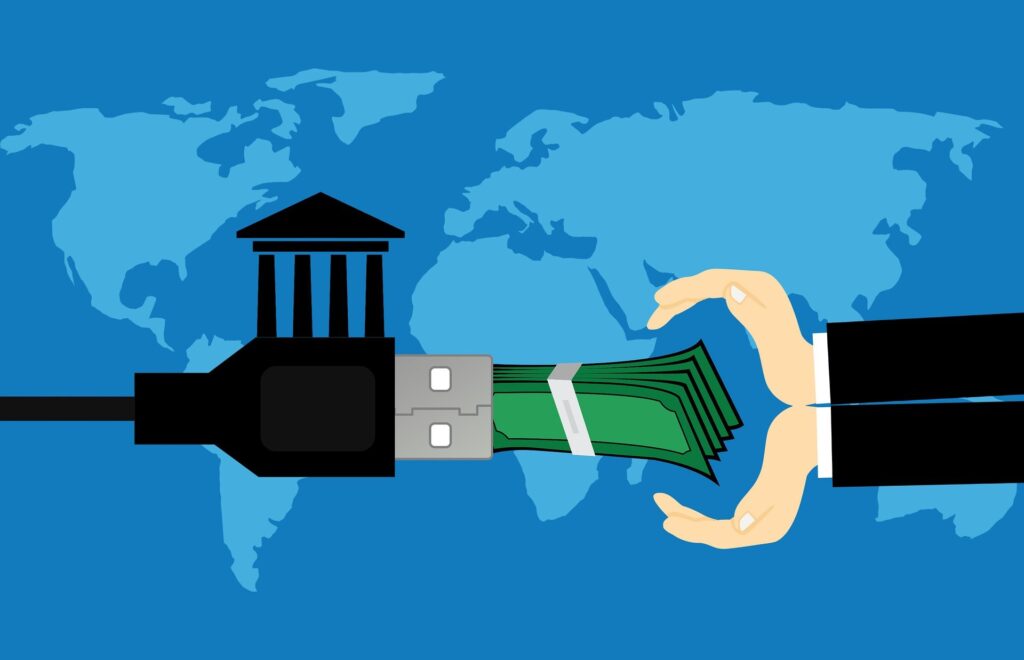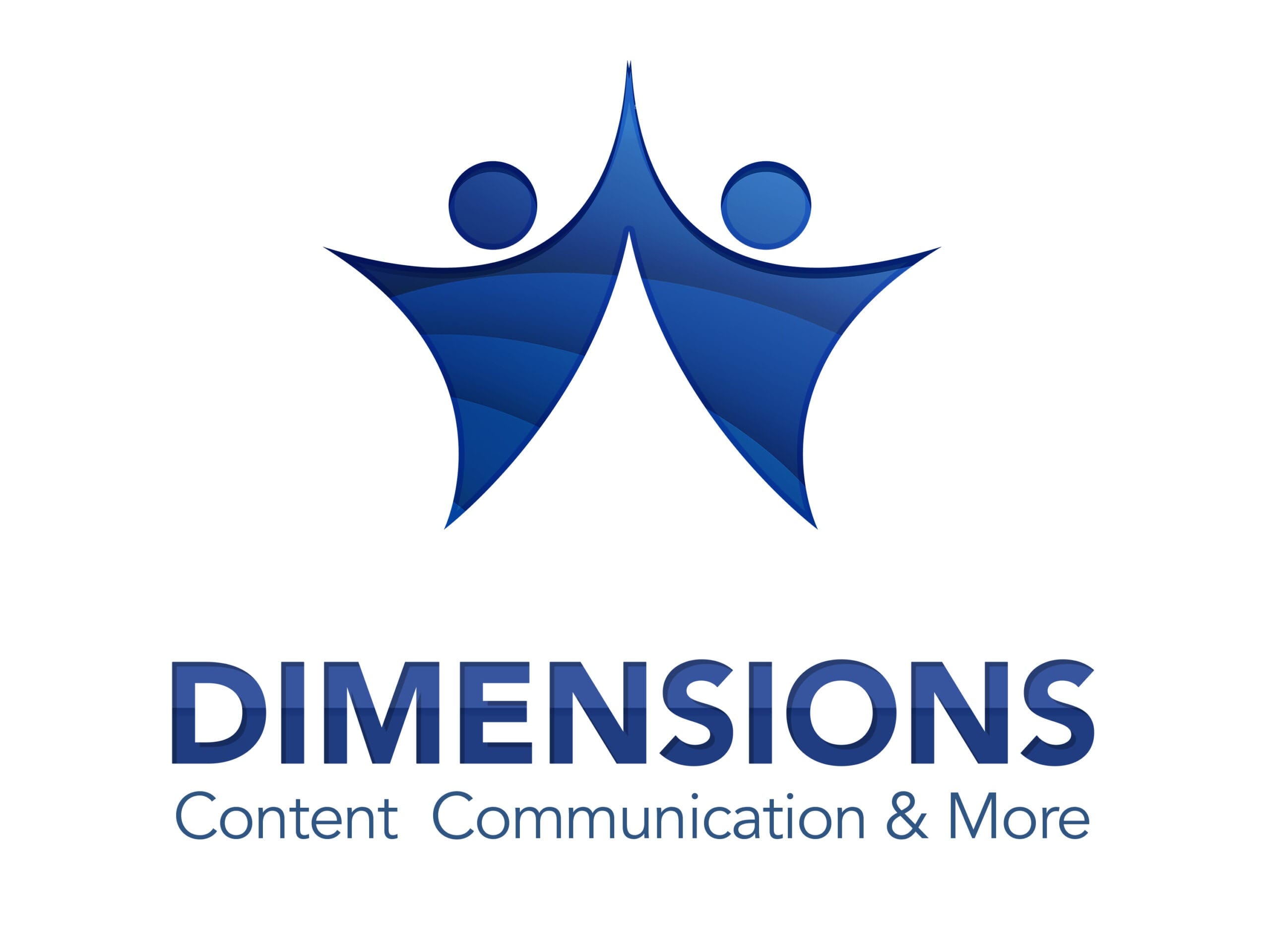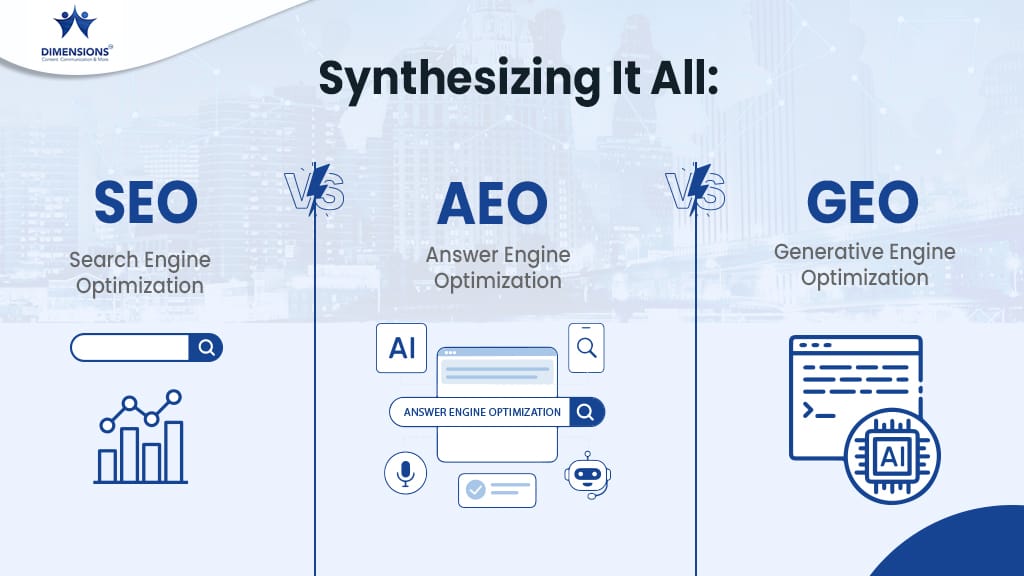The United States (US), European Union (EU), France, Germany, Italy, UK, and Canada have decided to disconnect key sanctioned Russian banks from the SWIFT banking system system, and impose restrictions on the Central Bank of Russia following the Russian invasion of Ukraine. The joint statement of these nations stated that this has been undertaken to ‘cripple Putin’s ability to finance his war machine’ which would harm their ability to operate globally by stopping their exports and imports. This action will also prevent Putin from using the foreign currency reserves of Russia, which sit at approximately $630 billion imposing financial and economic pain on the country.
Previously, only one country, Iran, had been cut off from SWIFT which led to Iran losing 1/3rd of its foreign trade. On April 29th, 2021, the European Parliament passed a non-binding resolution recommending Russia be excluded from SWIFT if it attacked Ukraine. It had also been considered in August 2014. Back then Alexei Kudrin, former finance minister of Russia, feared a 5% shrinkage in Russia’s GDP.

What is SWIFT?
The banking history has always been governed by a balance of competition and cooperation. This ‘co-opetition is best demonstrated in SWIFT. SWIFT (Society for Worldwide Interbank Financial Telecommunication) is a member-owned cooperative formed to help in creating a worldwide network to facilitate money transactions internationally, connecting more than 11,000 financial services organizations in more than 200 countries. Payments worldwide rely heavily on SWIFT’s messaging network. It was founded in 1973 in Belgium. In 1977, it went live and was operating in 22 countries with 518 financial institutions. The SWIFT banking system has around 3500 firms as shareholders who elect a 25-member Board that oversees the management of the company. SWIFT reports that its financial messaging system handled 42 million messages on average daily in 2021, according to its official website.
How does the SWIFT Banking System work?
SWIFT was formed specifically to address quick communication among banks and financial institutions about cross-border financial transactions. It is important to understand that SWIFT does not transfer funds but transfers secured financial messages between financial institutions about where the funds are being transferred. This information about the transferred funds is important to keep a track record between the sending institution and the receiving institution. This helps the global economy function smoothly and efficiently. Secure and identifying technology from SWIFT ensures the authenticity of these messages. The SWIFT network assigns a BIC (Bank Identifier Code) to each bank tied up with SWIFT.
SWIFT member banks have a Nostro (‘ours’ as in ‘our money deposited in your bank’) account and a Vostro (‘yours’ as in ‘your money deposited in our bank’) account. When a swift message is confirmed, the sending bank deposits funds into the Nostro/Vostro account and the receiving bank debits the Nostro/Vostro account and credits the recipient’s bank account.
The possible aftermath of Russia’s exclusion from SWIFT Banking System
The solvency of the banks excluded from SWIFT is at risk. Fund transfers would be blocked, Russian credit cards may not work.
Banning SWIFT payments would stop Russia from selling oil which is approximately about 9% of the global output. Over 35% of Russia’s GDP arises from these reserves. Oil and gas are major exports of Russia and many European countries are heavily dependent on them. Being winter now, cutting off the ability of millions of people to heat their homes would lead to deaths. Annalena Baerbock, minister of foreign affairs of Germany states that 50% of coal purchases are from Russia, and excluding Russia from SWIFT would cause Germany’s lights to go out. There is already an energy shortage in the world and it could lead to possible global depression. Experts say there might be a ripple effect in the fuel prices in India. There is a possibility that petrol and diesel prices may increase by 8-9 rupees per litre.
There is definitely a major gyration in asset prices following the harsh sanctions by the western countries against Russia. SWIFT ban is being considered as a ‘financial nuclear weapon’. The Russian currency market is likely to collapse heavily leading to a slowdown in international trade. They will probably lift their key rate to defuse the currency crisis like they did in 2014. The consumer market may face a massive downtrend.
Russia and Ukraine also account for 1/4rd of the wheat supply in the world which has already been affected due to the war, and a further Russian ban from SWIFT would reduce exports straining the wheat supply even more.
There are no winners in a war. We at Dimensions Content Writing services are deeply pained by the images of distressed people and broken houses. May good sense prevail soon.





